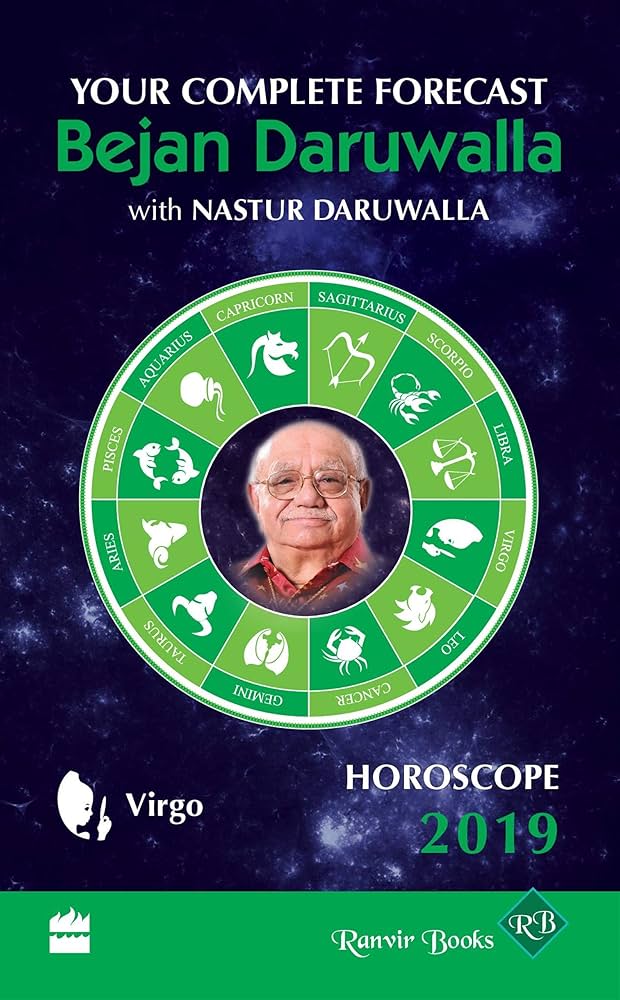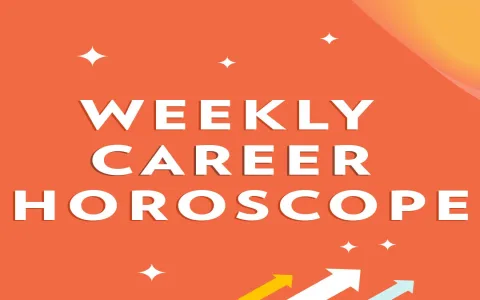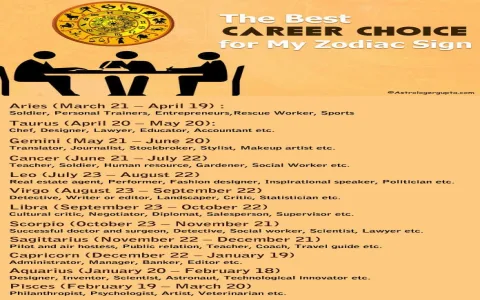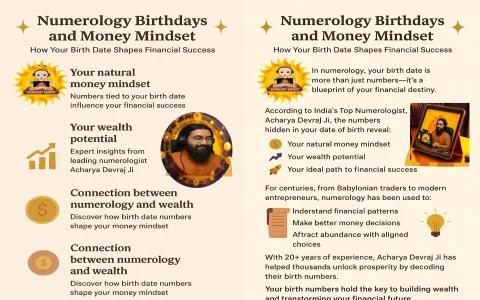The Year Everything Went Sideways (And Why I Needed a Celestial Spreadsheet)
You guys know I’m all about documentation and planning, right? But what you might not know is that my most rigid, most successful planning year ever—2019—was based entirely on a horoscope I found floating around the internet. Seriously. A Virgo career forecast. And I’m not even a Virgo. The whole thing sounds nuts, but hear me out.
Back in late 2018, I hit a wall. A huge, concrete wall of self-inflicted chaos. I was running three separate projects, freelancing on the side, and trying to handle the admin for our family stuff. I was drowning. My system—which was basically just reacting to the loudest email—had completely broken down. I wasn’t just tired; I was getting sloppy, missing deadlines, and forgetting basic follow-ups. I knew I needed to lock down a structure, but every time I tried to sit down and build a proper Gantt chart, I just stared at the screen until my eyes crossed.
I was desperate for an external force to impose discipline. I needed something that broke the year into twelve neat, unavoidable tasks. I stumbled onto this specific 2019 Virgo forecast. Why that one? Because it wasn’t vague fluff about “meeting great people.” It was detailed. It had phases. It talked about “clearing the backlog” in January, “intensive networking” in March, and “major capital investments” in July. It read less like astrology and more like a high-level project management brief written by someone extremely demanding.

Grabbing the Steering Wheel: Mapping My Real Life to Zodiac Phases
I didn’t care about the stars or Mercury in retrograde. I cared about the structure it provided. I printed that forecast out—all twelve pages—and grabbed my neon yellow highlighter. I decided I was going to use those pre-written monthly themes as the foundation for my own goals, regardless of what the planets thought.
I sat down for a whole Saturday and started mapping my actual, terrible 2019 to the Virgo predictions. This was the hard part. I had to force my unstructured list of “stuff to do eventually” into those specific buckets. If the forecast said Virgos should spend February organizing their digital archives, then damn it, I was going to spend February organizing my digital archives. No excuses.
Here’s how I structured the forced march:
- January: The Cleanup Month. The forecast called for Virgos to “review previous contracts and clear debts.” I immediately dragged all my delayed invoicing and tax paperwork into this slot. I hated it, but the pressure of the pre-planned schedule made me finish it.
- March: The Social Scramble. The forecast was all about “building alliances.” My goal for 2019 was to onboard two new major clients. I dedicated March entirely to cold emails and attending those awful local networking events I usually avoid.
- May: The Learning Curve. This month was designated for “skill acquisition.” I had been putting off learning that new software platform for ages. I scheduled a two-week intensive tutorial block and blocked out all client work just to force myself to learn.
- July: The Big Push. The forecast screamed about “major changes and expansion.” I used this as the official launch window for my biggest side project. I had been fiddling with the release schedule for months; reading that bolded “EXPAND NOW” pushed me off the fence.
I used the forecast as a shield. When someone tried to interrupt my “Skill Acquisition” time in May with an urgent, unnecessary meeting, I actually told them, “Sorry, my schedule is locked down this month for strategic personal development.” It sounded much more professional than saying, “I just need to finish this video tutorial.”
The Unexpected Outcome: Why Artificial Discipline Works
The entire process sounds ridiculous, right? Planning your year based on a forecast for a sign you don’t even belong to? But here’s the kicker: it worked better than any organizational system I had tried before. I didn’t finish every task exactly on the 30th or 31st, but I stayed within the monthly themes.
By the end of 2019, I had launched the side project, brought on three new clients instead of two, and, most importantly, I had stabilized my work-life balance. Why did this pseudo-astrological framework succeed where technical project management failed?
Simple: It removed the constant mental negotiation. I didn’t have to decide what was important each morning; the forecast had already decided for me. It gave me permission to ignore tasks that fell outside the month’s theme. When I was supposed to be doing “administrative catch-up” in January, I didn’t feel guilty about postponing sales calls until March.
I realized I didn’t need a perfect system; I just needed a system that was rigid enough to stop me from procrastinating. Whether the planets aligned or I just finally stopped letting emails dictate my life, I finished 2019 feeling truly organized for the first time in years. I haven’t used a horoscope since, but that year taught me that sometimes, the only way to achieve real professional structure is to invent an external, unchangeable force and just obey it.







